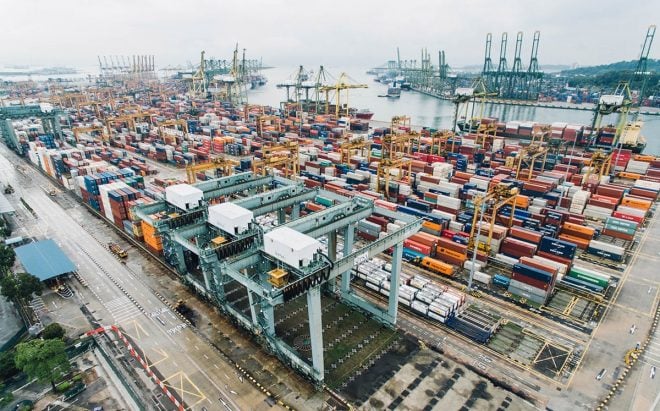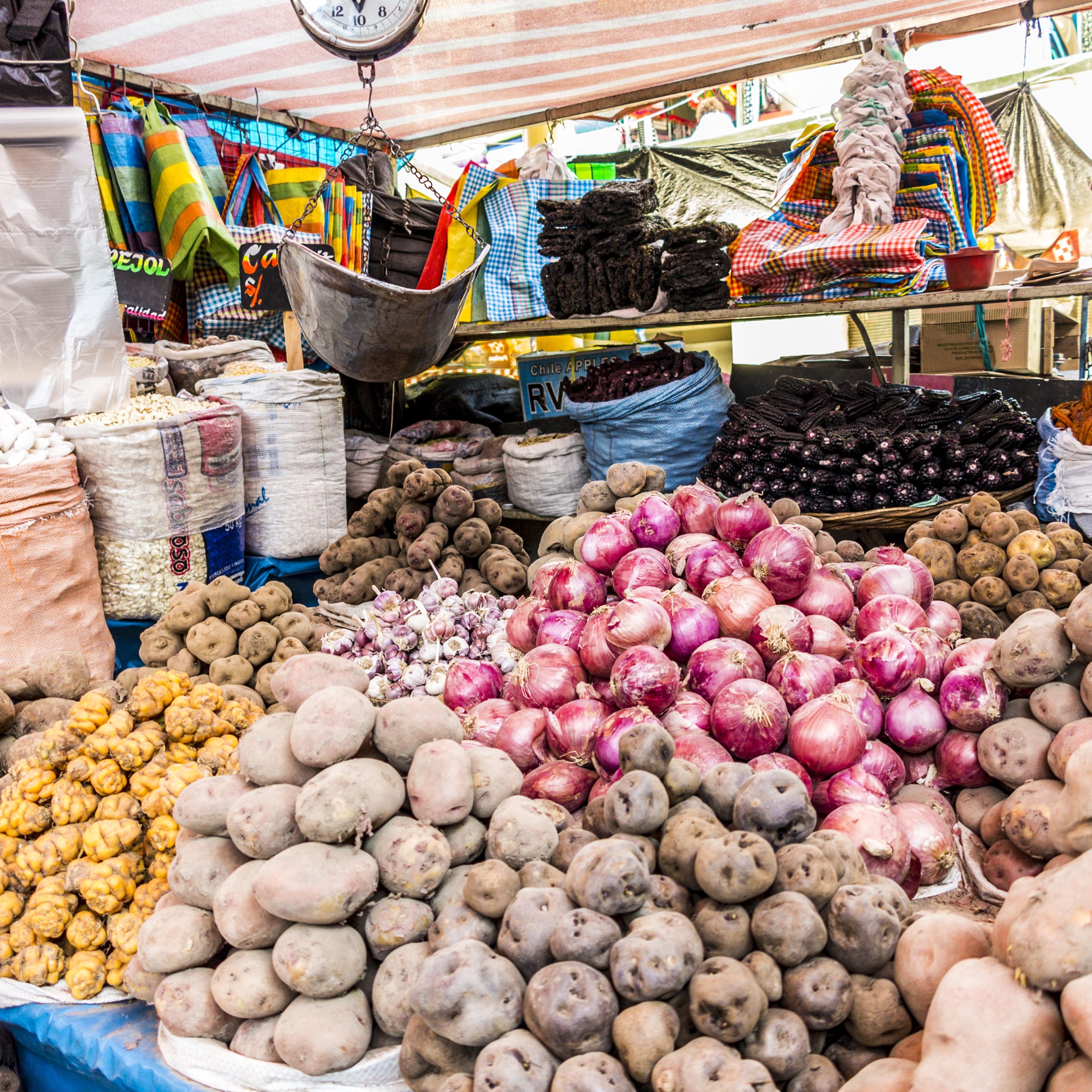Wuyishan National Park: Cultivating Sustainability in China’s Tea Sector

As the global spotlight intensifies on the need for environmental conservation and sustainable practices, the story of Wuyishan National Park stands out as a remarkable testament to China’s commitment to preserving its natural treasures. Nestled within the picturesque landscapes of Wuyishan National Park is a flourishing tea industry that has embraced scientific advancements and adopted stringent land use regulations to uplift local growers and safeguard the ecosystem.
Preserving Heritage Amid Technological Progress
Wuyishan National Park, a haven of breathtaking beauty and a revered hub of tea production has taken substantial strides to ensure the preservation of its traditional tea heritage while embracing cutting-edge technology to empower local farmers and bolster their incomes.
At the heart of the park lies Mount Wuyi, the exclusive site for cultivating Wuyi rock tea – a variety distinguished by its mineral-rich floral aroma, a result of the distinctive soil and rocks found in the region. Huang Shengliang, a guardian of China’s intangible cultural heritage of Wuyi rock tea craftsmanship, attests that this tea’s uniqueness stems from its connection to the local terrain.
With a tea cultivation history spanning over a millennium, the tea industry on these slopes holds a profound historical significance. It has been quenching the thirst of tea enthusiasts both near and far since the first century CE. Notably, during the 18th century, Wuyi rock tea was popular in Europe.
However, this popularity came at the cost of the local environment. Illicit land reclamation and resource depletion wreaked havoc on the ecosystem surrounding Mount Wuyi, spotlighting the delicate balance required between sustaining livelihoods and preserving the environment.
Established in 2021 as one of China’s first national parks, the Wuyishan National Park spans 1,280 square kilometers across Fujian and Jiangxi provinces. The tea cultivation area spans 34.54 square kilometers within its boundaries, signifying 2.7 percent of its total expanse. In partnership with tea experts, park authorities have devised a comprehensive strategy to safeguard the Mount Wuyi tea industry and its rich biodiversity, ensuring its viability for future generations.
Harmony of Tradition and Modernity
Since its pilot program’s launch in 2018, the Wuyishan National Park has been on a mission to reclaim illegally acquired tea mountain land, restoring approximately 20 square kilometers, of which more than 5.7 square kilometers are within the park’s jurisdiction. Despite local growers facing constraints on expansion and land use, the park remains committed to enhancing the local tea industry and the welfare of its farmers.
The focus now rests on cultivating tea sustainably, optimizing existing plantations, and enhancing the quality of Wuyi Rock tea. By prioritizing quality over quantity, local farmers can retain their competitive edge while ensuring the ecological integrity of Mount Wuyi.
Huang Zhimin, a researcher with the park’s management bureau, highlights the emphasis on preserving existing areas for locals to live and cultivate while restricting further expansion. This approach is underpinned by a commitment to safeguarding the community’s well-being.
Fusion of Ecology and Technology
Sustainable agricultural practices form the bedrock of the park’s tea industry rejuvenation efforts. Farmers are encouraged to reduce pesticide and artificial fertilizer usage in favor of organic and natural alternatives, safeguarding the environment and consumers’ health.
The park has introduced eco-friendly terraced plantations, adopting models such as “tea forest” and “tea grass.” Free distribution of valuable broad-leaved tree seedlings like nanmu, yew, and ginkgo encourages intercropping with tea bushes, preserving local biodiversity and enhancing tea quality through natural shading.
An eco-friendly approach intertwines tea with soybeans and rapeseed, enhancing soil and tea quality. Through these initiatives, the park has established 267 hectares of eco-friendly tea plantations. Each tea-planting household has curbed its annual fertilizer use by an average of 6 metric tons.
Collaborating with tea experts, the park’s authorities have harnessed innovative technologies to enhance production and quality. Over 1,000 sci-tech experts have been dispatched to Fujian since the 1990s, instrumental in refining tea production.
Liu Guoying, a prominent figure in Wuyi rock tea production, has dedicated decades to enhancing tea quality. By working closely with farmers, he has elevated their cultivation techniques, resulting in premium tea that commands higher prices, benefiting local farmers.
Yang Wenchun, a local tea farmer, encapsulates the transformation. Formerly limited by traditional practices, he now integrates scientific approaches, boosting productivity and tea quality. This evolution showcases the potent fusion of tradition and innovation that defines Wuyishan National Park’s tea sector.
In the heart of China’s Wuyishan National Park lies a story of balance and innovation – where ancient tea traditions flourish alongside modern sustainability practices. Through a harmonious blend of tradition and technology, the park’s commitment to preserving its natural heritage while uplifting local communities shines as a beacon of hope in an increasingly ecologically conscious world.
Source: China Daily



